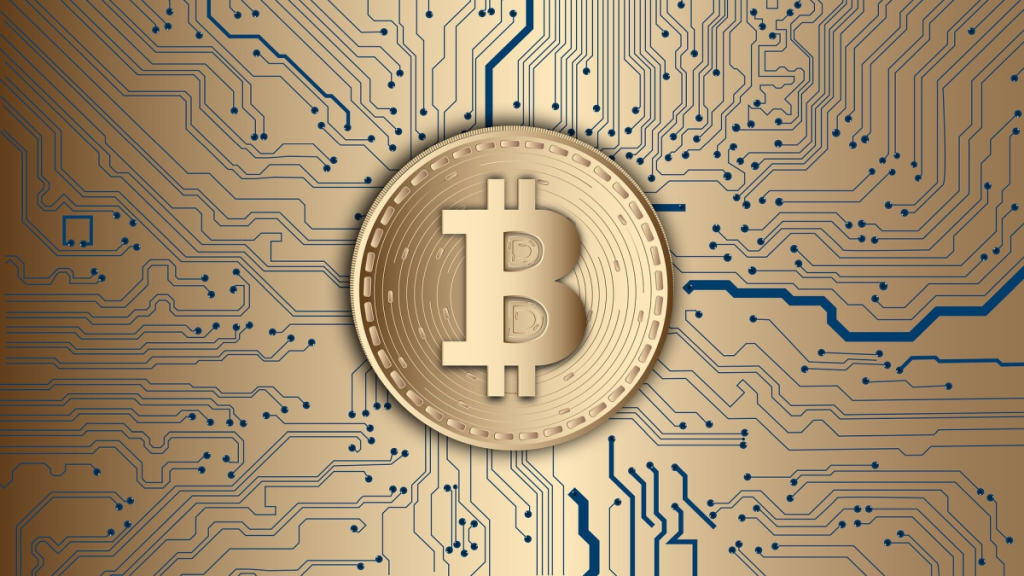Financial stress can happen to anyone, especially when unexpected bills or urgent needs arise. For people with less-than-perfect credit, finding quick financial support may feel impossible. Traditional banks often reject loan applications due to low credit scores. However, bad credit payday loans provide a simple and fast solution. These loans are designed to help people access money quickly, without complicated requirements or lengthy waiting times. With easy applications and fast approvals, they offer a practical way to handle emergencies and cover urgent expenses.
Why Choose Bad Credit Payday Loans?
Bad credit payday loans are a short-term borrowing option. They allow people with poor credit to access quick cash without being judged by their credit history. Lenders focus on income and repayment ability instead of credit scores. This makes them accessible for a wide range of borrowers.

Key Benefits:
- Quick approval, often within the same day
- Easy application process online
- No strict credit checks
- Funds directly transferred to your account
- Helpful for emergencies or urgent bills
How the Application Process Works
The process is straightforward 2nd chance payday loans direct lender and designed for convenience. Most applications can be completed online in just a few steps.
Steps to Apply:
- Fill out a simple application form with basic details
- Provide proof of income and bank account information
- Submit the application for review
- Get approval, usually within hours
- Receive funds directly into your account
Who Can Apply?
Bad credit payday loans are open to many borrowers. To qualify, you typically need:
- Proof of regular income job or other sources
- A valid bank account
- Legal age usually 18 or older
- Residency in the lender’s service area
Credit history is not the main factor. Lenders focus on whether you can repay the loan from your upcoming paycheck or income source.
When to Use a Bad Credit Payday Loan
These loans are best used for urgent and short-term needs. They are not designed for long-term financial solutions but can be helpful in situations like:
- Emergency medical expenses
- Unexpected car repairs
- Utility or rent payments
- Other urgent bills
Things to Keep in Mind
While payday loans are helpful, it is important to borrow responsibly. Consider these points before applying:
- Borrow only the amount you need
- Understand repayment terms clearly
- Make sure you can repay on your next paycheck
- Avoid using payday loans repeatedly for long-term expenses
Conclusion
Bad credit payday loans give quick access to money when you need it most, even if your credit score is low. With easy applications and fast approvals, they help people handle urgent financial situations without unnecessary stress. If you borrow wisely and repay on time, these loans can be a reliable short-term solution for unexpected expenses.






